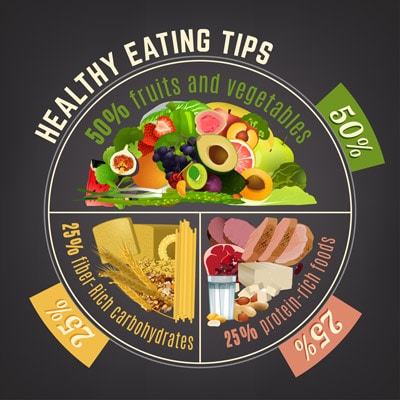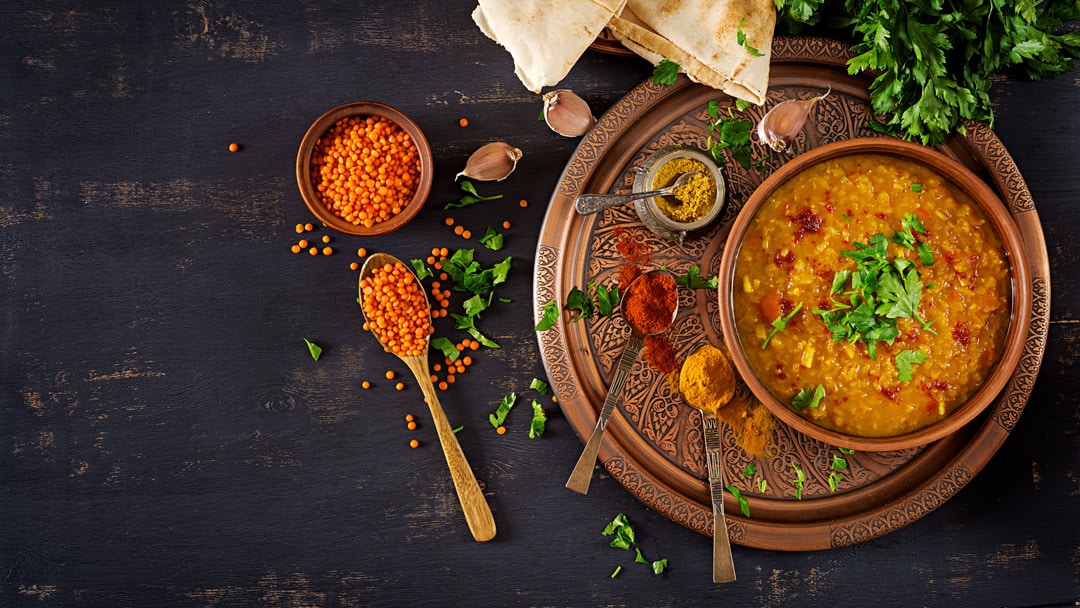It turns out that heart disease is preventable, and the foods you eat can play a role. Have you ever thought, “What can I do to keep my heart healthy?” For most of us, the biggest challenge is getting started.
Eating for a healthy heart can be as simple as adding foods to meals to make them more balanced, pairing alcohol with water, and ordering some veggies at a restaurant—keeping an eye out for whole foods and buying those instead of the convenient ones. For example, chicken breast vs. frozen chicken nuggets. And choosing unsalted nuts over chips and carbonated water over pop. Are you interested in more snack ideas? Click here.
Here’s how to have a healthy diet for a healthy heart:
1. Go for whole grain foods
Add whole grain foods to your diet: a heart-healthy diet is high in fibre. The good news is that adding extra fibre to your daily eating habits is easy. Eat lentils and choose healthy snacks throughout your day, like this one: chickpeas and lime. Brown rice and oatmeal are other tasty whole grain foods.
2. Swap a couple of essentials
Replace regular cooking ingredients with heart-healthy options without compromising on taste. For example, whole grain atta (flour) for your rotis, chapatis and naan instead of refined white flour. Use olive oil or canola for cooking with rather than desi ghee. Occasionally, food cooked in desi ghee is okay because, if you’re South-Asian, you can’t escape desi ghee.
3. Choose healthy protein
Add a variety of proteins to your diet. Instead of red meat, switch it up with chicken, turkey, fish, and beans like lentils. Yup! Our daal/dal I(lentils) are packed with proteins and fibre. Here’s a fish and dal recipe desi style.
4. How much meat is healthy to eat?
Use your palm as a guide. The size of the palm of your hand is roughly how much meat you should be having per meal, which is about 4oz. I’m still going to order an 11oz steak from time-to-time, but I’ll save it for a special occasion and make sure to eat vegetables with it.
5. Eat fruits and veggies every day
Men should aim to eat 8-10 servings of fruits and veggies a day. I know, 8-10 servings may sound like a lot, like you’re supposed to eat nothing but fruits and vegetables all day every day. But it doesn’t need to be like that; 1 serving is smaller than you think.
Half a cup of fresh, frozen or canned vegetables equals 1 serving. The same with half a cup of cooked vegetables or half a cup of frozen or canned fruit. Have you looked at measuring cups lately? A half a cup, on average, is smaller than half the size of your fist.
You can easily eat 4-6 servings of veggies for dinner if your main meal is toree ka salan (zucchini / courgettes), and you have some salad. Also, 1 piece of fruit, such as a banana, apple or orange, counts as 1 serving, and it’s a pretty convenient snack.
Here are a few quick and easy man salads that eat like a meal.
6. Divide your plate into three portions

A straightforward way to make your meals a little more heart-healthy is to divide your plate into three portions, one for each item: protein, carbs and greens. If you’re having a parata, that’s carbs; add an omelet with lots of veggies, and you have the protein with the greens—done and done.
A healthy plate looks like this:
- ½ of the plate is fruits and vegetables.
- ¼ is whole grains.
- ¼ is healthy protein.
On the other hand, if you have aloo paratha which is carb-on-carb deep-fried, try having half of one and consider eating a salad or a smoothie with it for extra fibre and to promote a healthy gut.
7. Eat serotonin-boosting foods
Stress can be a major cause of high blood pressure, and many of us know the importance of reducing stress in our lives. But you might not know that some foods can boost the serotonin levels in your body.
Serotonin is a natural chemical your body produces which makes you feel good. This helps reduce stress and, in turn, regulates your blood pressure. Serotonin also helps regulate sleep, and quality sleep can also lower stress. Try adding salmon, tofu, cheese, and pineapple to your diet.
What is a balanced diet?

A balanced diet contains a good mix of protein, carbs, fats and greens. Of course, no one wants to eat the same thing over and over. Firstly, because it’s boring and secondly, your body needs various vitamins and nutrients to stay healthy.
Then there’s quality; a sandwich from your favourite fast-food joint may have protein, carbs, fats and greens, but does that mean it’s a balanced diet? In the literal sense, maybe, but in the processed vs. whole foods sense—it‘s not.
Ultra-processed foods high in saturated fats and sodium are more likely to cause heart disease, leading to heart attacks and even making you look like you have a beer belly without the beer.
What are whole foods?
If something exists in nature and doesn’t have added ingredients or hasn’t been deep-fried, it’s likely a whole food—for example, nuts, fruit, fish, beef, and chicken. On the other hand, a donut doesn’t grow on trees and is, therefore, processed food. Simply put, whole foods do not require labels, and processed foods do (because of all the additional ingredients).
What a heart-healthy diet can do for you
- Keep your cholesterol in check,
- Prevent your blood pressure from shooting up,
- Helps with bloating and swelling of the body, which sometimes happens due to too much salt intake.
Heart disease is one of the leading reasons for death. Like Coronary Artery Disease, which is the most common kind of heart disease, it’s the one that causes blockages (fatty build-up) in the arteries that provide oxygen to the heart. As we know, a muscle without oxygen dies, and the heart is the strongest muscle in the body.
Heart disease is preventable, and you can take a few small steps towards living healthy today. An excellent place to start is what you eat. So, try some of these tips, build a stronger heart and live longer for yourself and your family.
Got any sharable tips to help with a healthy heart? Drop a line in the comments below.
Are You at Risk?
Learn your risk level for the most common men’s health conditions in 10 minutes with a free, confidential, and personalized report.


Let’s Talk!
Did you enjoy this article? Let us know in the comments.
0 Comments